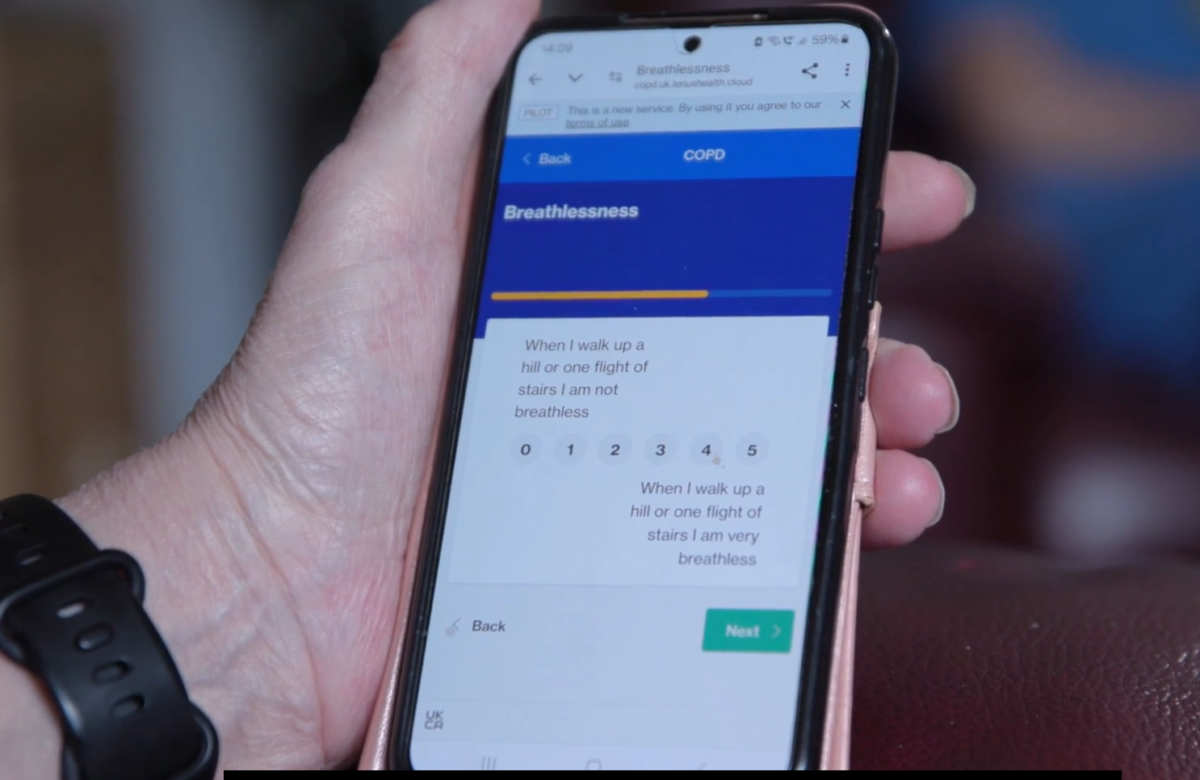Health tech industry reacts to Patricia Hewitt’s review of ICSs
- 13 April 2023

Leaders and suppliers in the health and technology industry have reacted with cautious optimism to the publication of the hotly anticipated independent review of integrated care systems (ICSs) led by Patricia Hewitt.
The chair of the NHS Norfolk and Waveney Integrated Care Board (ICB) was appointed to lead the review, in which she has made several recommendations for the government to consider, including that NHS England should invite ICSs to identify digital and data leaders to join the Data Alliance and Partnership Board.
NHS Providers, as well as various health tech suppliers, have reacted to Hewitt’s review. Recurring themes in the reactions include health inequalities, autonomy for ICBs and ICSs, patient empowerment, and prevention.
Health inequalities
Hewitt draws attention to health inequalities early on in the review, explaining that ICSs are crucial to narrowing the health inequalities that currently exist in society.
Dr Rachael Grimaldi, CEO at CardMedic, made clear her happiness at seeing health inequalities as a central part of Hewitt’s recommendations and not simply a “nice to have”.
She described it as “pivotal” to reducing the “unacceptable” 19-year gap in healthy life expectancy between people in the most and least deprived areas of the country.
ICB/ICS autonomy
Hewitt points out that she has “heard a clear desire from ICBs and wider system partners to move towards a model with a far greater degree of autonomy”.
This key theme of autonomy for ICBs and ICSs flows through the review and the reactions to it. Many in the industry are in favour of ICSs making their own decisions that will benefit their local populations, and having the ability to collaborate with whichever organisations they see fit.
Matt Cox, managing director UK and Ireland at Better, said: “Local priorities vary vastly from region to region, but we’ve seen what can be achieved when true collaboration across all care settings is nurtured, and ICSs are given the freedom to drive their own digital transformation, as demonstrated by the OneLondon team.”
Dr Grimaldi is in agreement on autonomy, pointing out that “regional leaders are empowered to make it happen so that we can tackle the causes, not the symptoms, of an over-burdened health system”.
The idea of autonomy and collaboration going hand in hand is echoed by the chief executive at DrDoctor, Tom Whicher, who highlights that “greater autonomy for ICBs should empower commissioners and providers to make collaborative decisions based on regional needs”.
Autonomy and collaboration is also the main focus for Rachael Fox, executive vice president for UK and EMEA at Altera Digital Health.
She said: “We’ve seen what can be achieved when true collaboration across all care settings is nurtured, and ICSs are given the freedom to drive their own digital transformation.”
Patient empowerment
The review highlights the importance of empowering the public to manage their health, arguing that the effort to improve the nation’s health can only succeed if we support people to become active and engaged partners in their own health, wellbeing and care.
This key recurring theme based around patient empowerment and giving patients a more prominent role in their own care has sparked plenty of reaction from within the health and technnology industry.
Cox said he was “pleased to see further support for empowering people to have input into their own care by contributing to their own citizen health records”.
He added: “Providing the ability for people to make a contribution to their care [brings together] various settings, making it possible for genuine holistic, preventative care to be provided.”
Paul Landau, CEO at Careology, a company that connects people with a cancer diagnosis to their family, friends and clinicians, stressed that “we must modernise existing cancer pathways” by helping patients “better navigate their treatment and be more in control of it”.
The healthcare director at Healthcare Communications, Kenny Bloxham, believes that patient portals and patient-facing tools are vital for giving patients an opportunity to be active in their care and feel as if they have a voice.
He said: “Transformative change is only possible if every person is empowered to be an active participant in their care and given the right tools to engage with all care providers through their channel of choice.
“Patient portals are essential for effective communication and… it’s crucial that healthcare providers are empowered the public through patient-facing tools that integrate with the NHS App.”
Prevention
Hewitt dedicates a section of her review to ‘enabling a shift to upstream investment in preventative services and inverventions’, believing that “there will never be a perfect time to shift the dial toward focusing more on preventative services”.
This theme focusing on the need for prevention and a move to preventative services in healthcare was picked up on by industry experts.
Mark England, CEO at HN, was pleased to see the review reference a shift to prevention, but questions whether the budget allocation is enough to really make a difference.
He said: “The review recognises the need to shift towards preventative services, which is heartening to see and sets a clear target to move to allocate 1% of NHS budgets to this over the next five years. This will be challenging but we question whether this is ambitious enough.”
He also stresses that we must “leverage data and use this predictive model alongside a substantial prevention model to make a substantial change for healthcare”.
Landau believes the UK needs a longer-term approach to prevention.
“Patricia Hewitt rightly outlines the need for prevention, but if we are to truly transform the way we manage major health conditions, such as cancer, we need long-term thinking and a coherent approach to this.
“The 1% funding Hewitt has suggested won’t be enough for preventing conditions such as cancer. This is why we need a clear strategy, such as the 10-year cancer plan, which was frustratingly scrapped earlier this year.”




